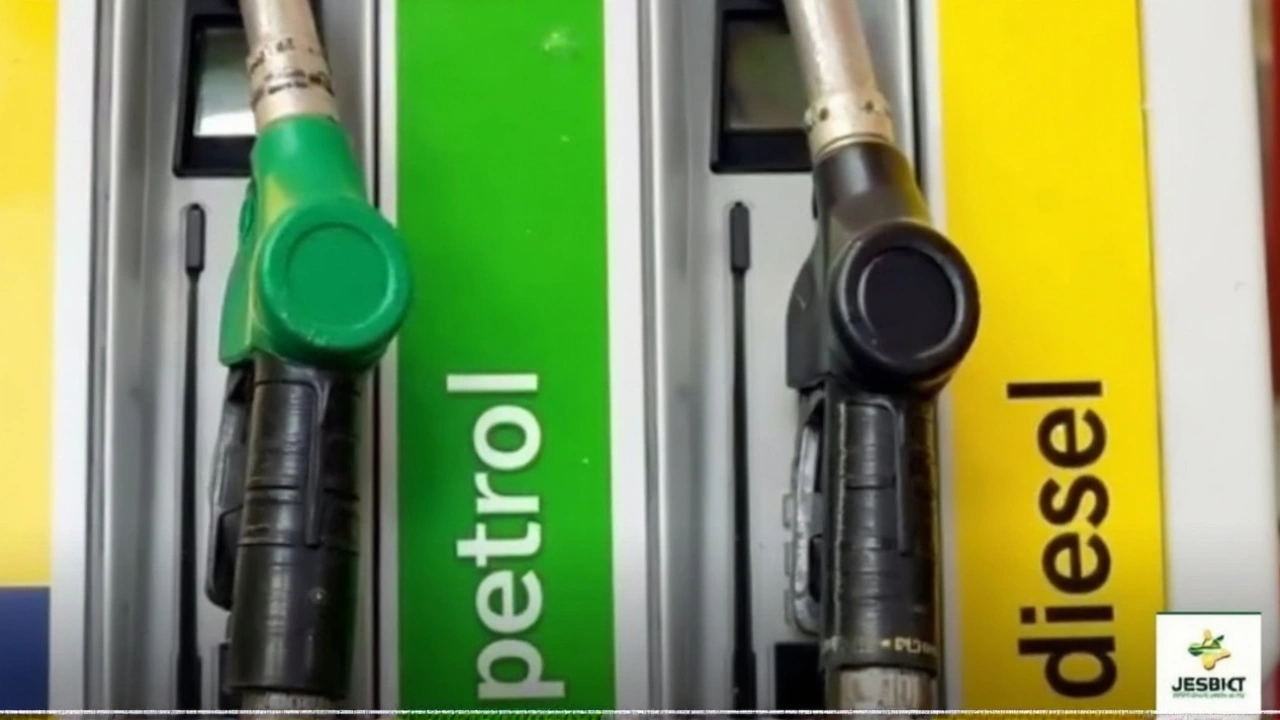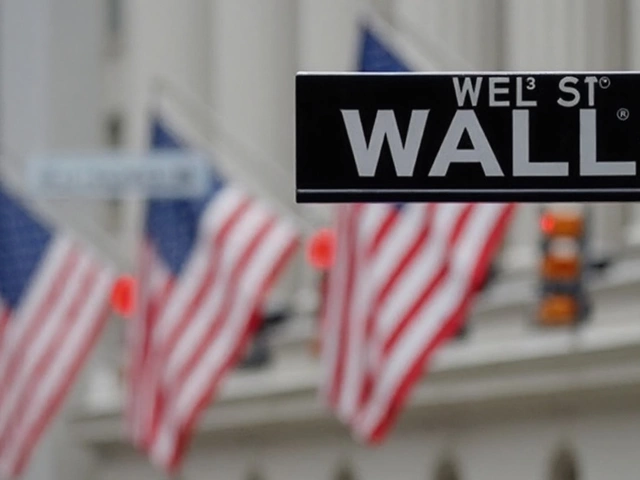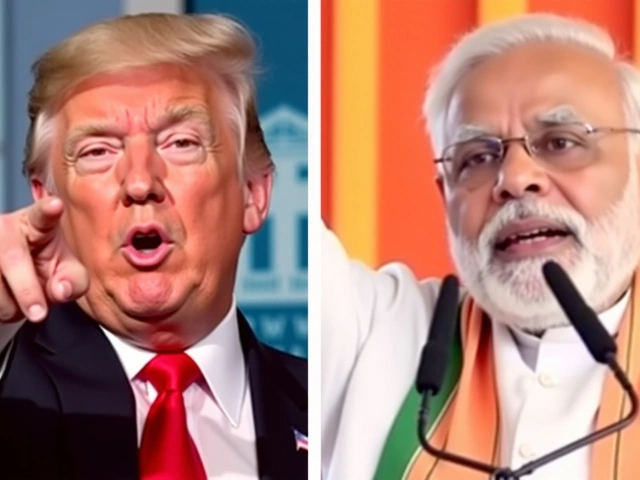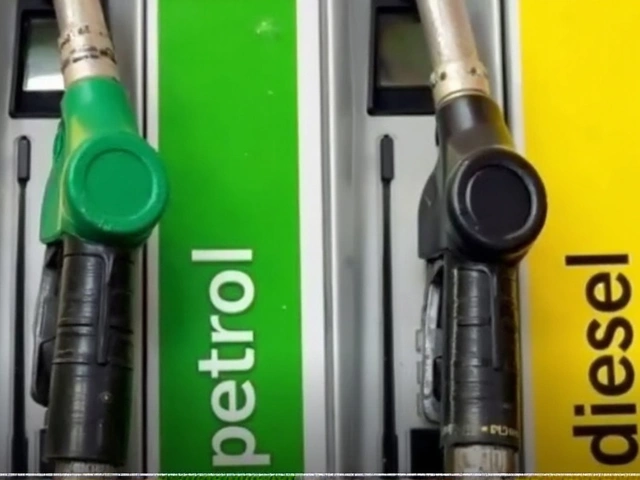The Indian government has taken a significant decision to raise the excise duty on petrol and diesel by ₹2 per litre. This change, made effective from April 8, 2025, was announced via a notification from the Ministry of Finance, signaling a shift in the country's approach to managing revenue amid ongoing economic challenges.
Petrol's excise duty now stands at ₹21.90 per litre, up from ₹19.90, and diesel's duty has increased to ₹17.80 per litre from ₹15.80. This move is aimed at bolstering government funds rather than directly impacting consumers at the pump, as clarified by the Ministry of Petroleum and Natural Gas. Public sector oil companies are set to bear the added cost, ensuring that consumers do not see a change in retail fuel prices for the time being.
This decision comes as global markets experience significant volatility. Recent tariff announcements by the United States have contributed to the uncertain economic environment that India is navigating. The government's strategy appears to prioritize revenue retention over passing cost reductions from lowered international crude prices to the end consumers.
Changing Tax Landscape
Contrasting with the current excise duty increase is the backdrop of the government's earlier decision in December 2024 to remove windfall profit taxes on domestic crude and fuel exports. These taxes were initially imposed to capture the excess profits made during periods of high oil prices but were lifted as the landscape changed.
The Ministry of Petroleum has been keen to emphasize that the duty hike does not correlate with any immediate changes in global oil prices, which have been on the decline. Instead, this move reflects a strategic direction in response to broad economic uncertainties and inflation-related concerns.
Consumers, for now, can breathe easy as they fuel up, knowing that their expenses remain unchanged. However, the increased excise duty highlights the government's emphasis on maintaining its financial toolkit ready to address future economic needs. It remains to be seen how long public sector oil companies can absorb these costs without retail prices being affected, especially if international crude prices begin to climb again.








